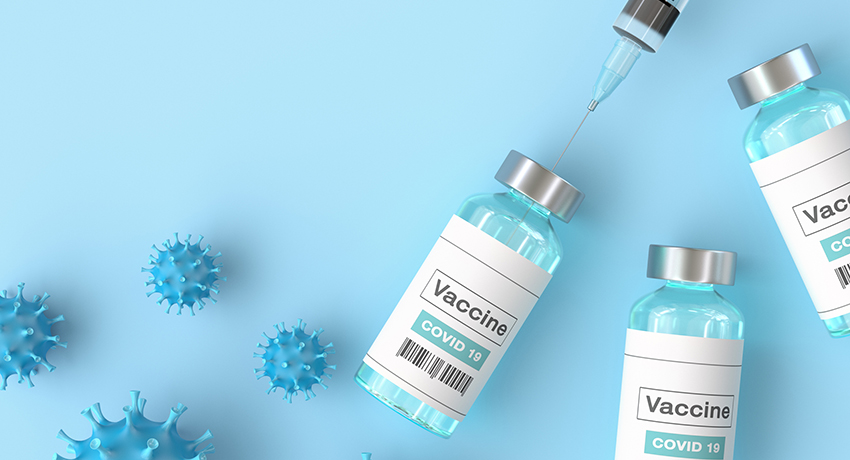The CDC has recently recommended booster vaccinations for many Americans, however a large proportion of our population has not been approved for boosters. Should you be worried? The recommendation for a booster vaccine is based on the assumption that after 6 months our levels of antibodies to COVID-19 decreases. This is correct, however it does not describe the whole picture of our immune response to COVID-19. When you receive the COVID-19 vaccine your body produces both antibodies (B lymphocytes) and T cell (T lymphocytes).
Antibodies are our first line of defense to COVID-19. They bind to the COVID-19 virus and neutralize it so that it cannot infect cells. T cells (lymphocytes) kill cells which have already been infected by COVID-19. T cells have been shown to be more powerful at eliminating the virus and last for much longer in the body than B cell antibodies do. Researchers have shown that T cells produced again SARS lasted in the body for up to 11 years. [Schoeman theconversation.com.]
There has been concern that the vaccines currently available do not give lasting immunity to the variants of COVID-19. A recent paper showed that T-cell immunity to the variants of COVID-19 demonstrated lasting ability to protect again severe infection and death. [Cell reports Medicine Volume 2, ISSUE 7, 100355, July 20, 2021] Why don’t we routinely look at T cell levels? It is very expensive and there are not many labs that are equipped to test large numbers of patients for T cell levels.
So why did the CDC recommend booster for older people and those at risk? A study published in the New England Journal of Medicine showed that older adults (60 y.o. and older) who received a booster shot had a lower incidence of getting sick than those who did not. They defined severe disease as those patients who dropped their oxygen level below 95% or who had increased breathing rate- not hospitalization, intubation (needing a breathing tube) or death and they only looked at the two-week period after receiving the booster shot. This data was not compelling enough to warrant giving booster shots to our entire population. While the vaccines are very safe, every drug has the potential for side effects. If we continue to hoard vaccines in the United States and do not help to immunize the rest of the world, the risks of continued variants developing increases. Variants occur when the virus mutates inside an infected individual, most commonly in unvaccinated people.
This is a rather drawn-out explanation for saying if you are fully vaccinated your risk of getting very sick from COVID-19 is very low and you do not require a third COVID-19 vaccine. If you are over 65 or have a weak immune system such as from Cancer chemotherapy or long-term steroid use from an autoimmune disease do get a booster. High blood pressure and a history of asthma or allergies do not put you in a high-risk category. If you or your loved ones over 5 years of age have not been vaccinated- please do so as soon as possible. It is the most effective way to protect you and those you love from serious complications from COVID-19.
Jacqueline Jones, MD


